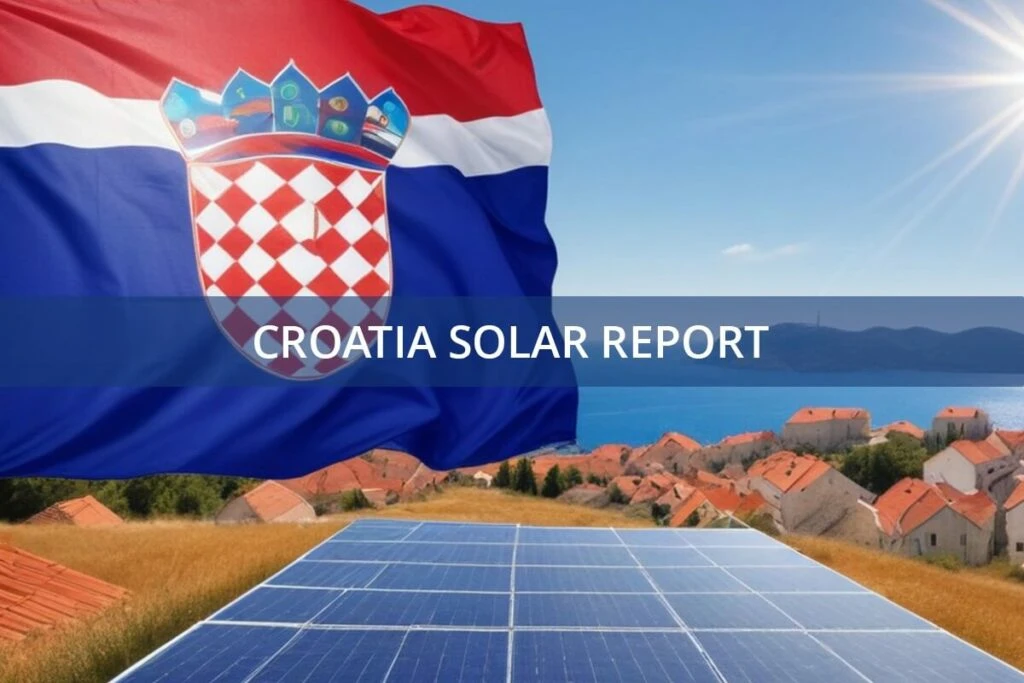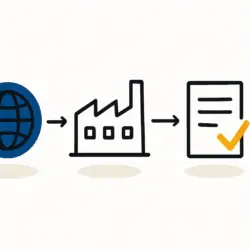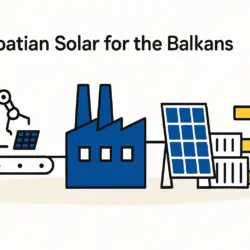Investment Stalled by Renewable Energy Risks in Croatia
Croatia’s renewable energy sector is in crisis, facing severe delays and regulatory obstacles that threaten future investments. Over 5,000 megawatts (MW) of potential projects are stalled in the planning phase, unable to connect to the country’s electricity grid. Industry experts warn that legal uncertainties and a lack of regulatory clarity are discouraging investors from moving forward.
Igor Grozdanić, President of the Renewable Energy Sources of Croatia (OIEH) association, warned that the country risks losing over €17 billion in potential investments if these issues aren’t resolved. The OIEH is a key industry group representing renewable energy producers in Croatia.
Grozdanić highlighted that the current legal framework is riddled with contradictions. These inconsistencies create confusion and make it difficult for investors to secure the necessary permits to begin construction, leaving many projects stuck in the early stages of development. Despite these challenges, the sector’s underlying potential is clear, as Croatia is on track to exceed 1 GW of solar power capacity by 2025.
Grid Capacity Reached, Halting New Projects
A critical challenge for Croatia’s renewable energy sector is the lack of available grid capacity. The country’s electricity network is at its limit, making it impossible to connect new projects. This situation is especially problematic for investors who have already poured millions into planning and development, only to find there is no way to bring their projects online.
Grozdanić pointed out that the 5,000 MW backlog of planned projects is a direct result of the grid’s limitations. Without additional capacity, these projects cannot move forward, leaving investors in limbo. This stalemate also jeopardizes Croatia’s ability to meet its renewable energy targets. The urgency of addressing these infrastructure issues will be a key topic at Solar Flex Croatia 2025, a conference focused on advancing the solar energy industry in Southeast Europe.
Croatia has set ambitious goals for increasing its share of renewables, but these targets are unlikely to be met without significant upgrades to the grid and regulatory framework. The national goal of 2.5 GW of solar power by 2030, for instance, hinges on overcoming the current grid limitations.
Calls for Urgent Regulatory Reform Mount
The OIEH is calling for urgent action on the regulatory and legal issues stalling renewable energy projects. Grozdanić emphasized that a clear, consistent legal framework is needed to give investors the certainty to move forward. He also stressed the importance of expanding grid capacity to accommodate the growing number of projects.
The Croatian government has acknowledged the challenges facing the renewable energy sector, but progress has been slow. Industry leaders are urging policymakers to prioritize reforms that would unlock billions of euros in at-risk investments. A sign of the sector’s potential can be seen in the Korlat Solar Plant—funded by a €31.6 million loan from the EBRD, it will be Croatia’s largest solar power project with a capacity of up to 99 MW, demonstrating what is possible with the right support.
The stakes for Croatia’s renewable energy sector are high. If the country fails to address the regulatory and grid capacity issues, it could miss out on a significant economic opportunity. The €17 billion in potential investments represents not only a boost to the country’s economy but also a chance to reduce its reliance on fossil fuels and move towards a more sustainable energy future.
Industry experts remain hopeful that with the right reforms, Croatia can overcome these challenges and become a leader in renewable energy. However, with time running out, immediate action is needed to ensure the country doesn’t fall behind in the global race for clean energy.



